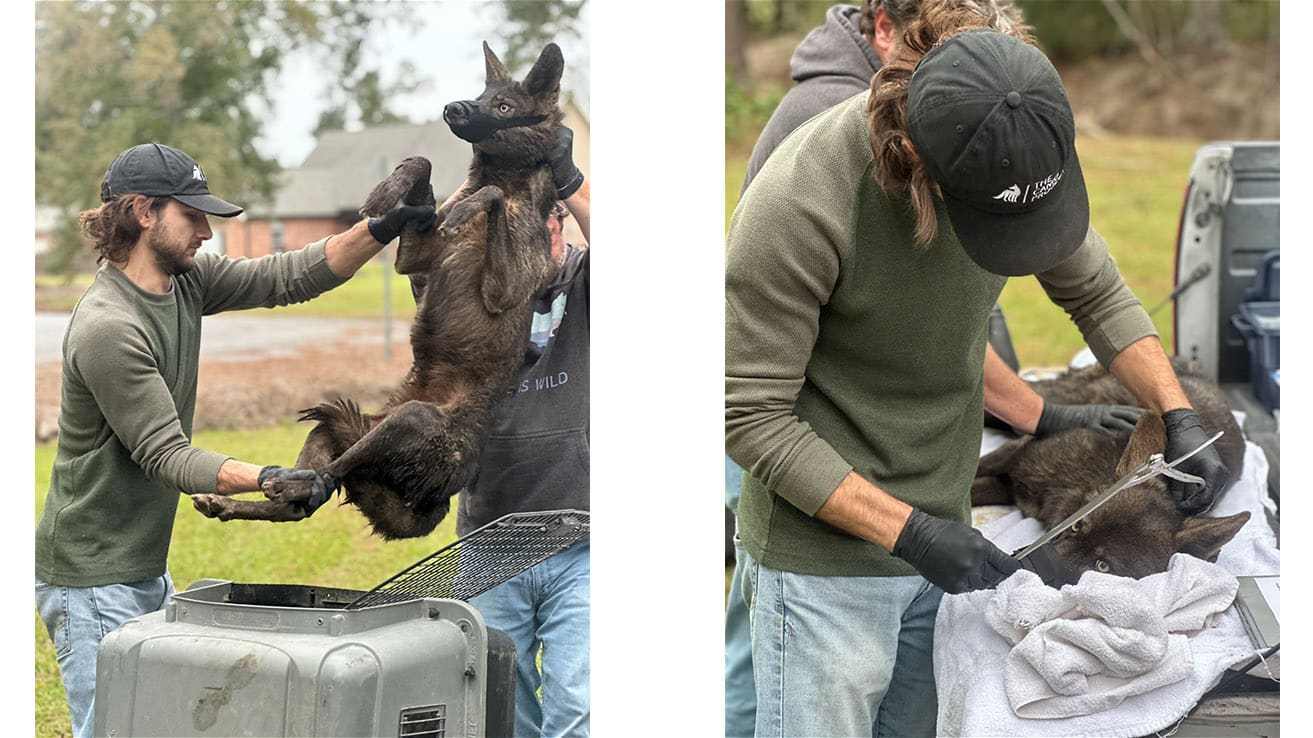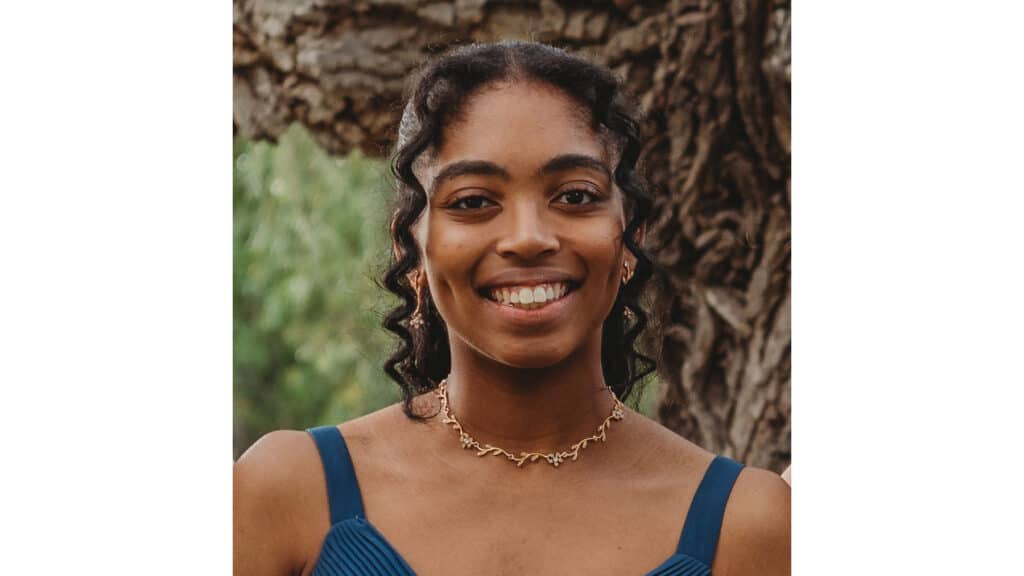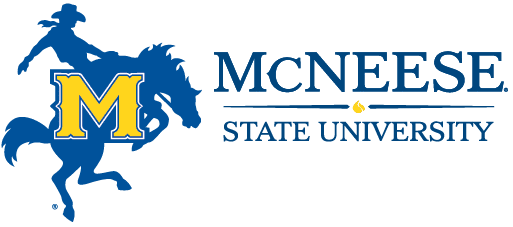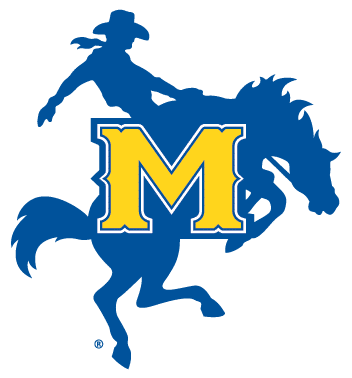McNeese to Host Undergraduate Research Symposium

McNeese State University students will present their research at the Undergraduate Research Symposium on Thursday, March 27, from 10 a.m. until noon in Henning SEED Center.
Thirty-eight McNeese students will be making presentations at the symposium.
Tanner Broussard, a senior from Toomey, will present research that includes acquiring and assessing preliminary data on coyote spatial ecology, diet, survival and genetics in Southwest Louisiana and Southeast Texas.
“Coyotes along the Gulf Coast in our region have been referred to as Gulf Coast canids because they are similar in size to known red wolf-coyote hybrids, carry genetic variation of the extirpated red wolf and may represent a unique hybrid population,” explained Broussard.
Chelsey Haynes, a senior from Walker, is researching simulation studies on chemicals that are nearly impossible to synthesize.

“Chemistry is all about breaking rules, and in my current study, I am devising a new way to create molecules that defy conventional predictions. In that process we have not only created new molecules but also provided new rules to guide the future synthesis,” Haynes explained.
Both Broussard and Haynes found their research opportunities by simply asking. Haynes asked her chemistry professor, Dr. Kiran Boggavarapu, while taking his inorganic chemistry class. Broussard listened to the podcast Canid Project and contacted the host. The host put him in touch with Dr. Joey Hinton who is conducting field research on canids in the region. Broussard volunteered for some time before becoming an official part of the research team.
“While it might be scary, college is the place to get out of your comfort zone,” Haynes said. “If there are professors you admire, read some of their papers and talk to other students that are currently doing research with them to see if their research aligns with your interest. Engage with your teachers outside of class time to help build relationships. All of your teachers are on your side and want to see you succeed.”
Broussard has always been interested in large carnivores. “Red wolves are the most endangered canine species on Earth. I think it’s so cool that we had them in Louisiana until 50 years ago, and even cooler, is that one of the 12 wolves used to start the captive breeding program was captured within a mile of my parent’s house,” he said.
Haynes is interested in simulation studies on chemicals due to the ability to quickly test innovative ideas. “My research work with Dr. Boggavarapu lays down the expectations of what to expect in a lab and offers the ability to explore molecules that cannot be isolated during regular lab procedures.” she said. “Although the two procedures, lab and computational, may have different approaches to testing out the ideas, both are essential to future discoveries in the chemistry world.”
A chemistry major, Haynes plans to work in an industrial plant to gain experience and then return to school to pursue a master’s degree. Broussard, a natural resource conservation management major, plans to stay at McNeese to earn a master’s degree in integrative biology and eventually work with the U.S. Fish and Wildlife Service Red Wolf Recovery Program. One day, he plans to open a wildlife education and rehabilitation facility in Southwest Louisiana featuring native wildlife, particularly red wolves.
Broussard and Haynes came to McNeese because it was close to home and offered small class sizes.
“I like the fact that this is a smaller campus,” Haynes said. “It allows me to gain a closer relationship with my professors and I was able to integrate myself into the chemistry department despite being a transfer student.”
Become a Cowboy! Apply today!
Want more stories like this one sent straight to your inbox every week? Sign up for our McNeese eNewsletter!
The Office of Marketing and Communications
4205 Ryan Street
Lake Charles, LA 70609
337-475-5640
communications@mcneese.edu

